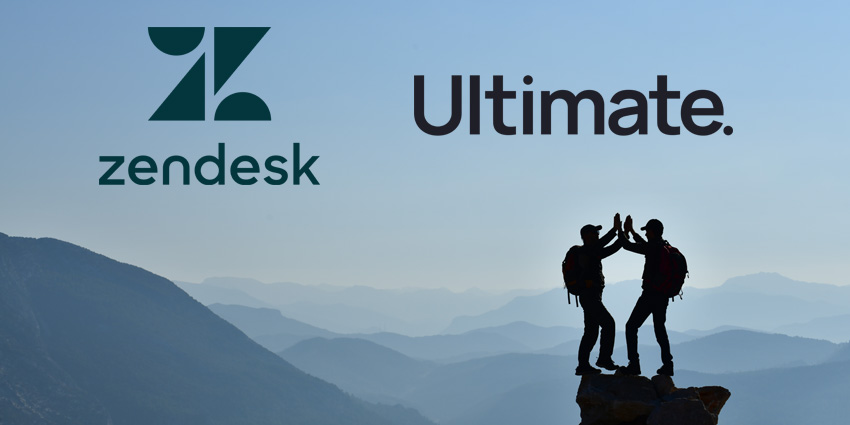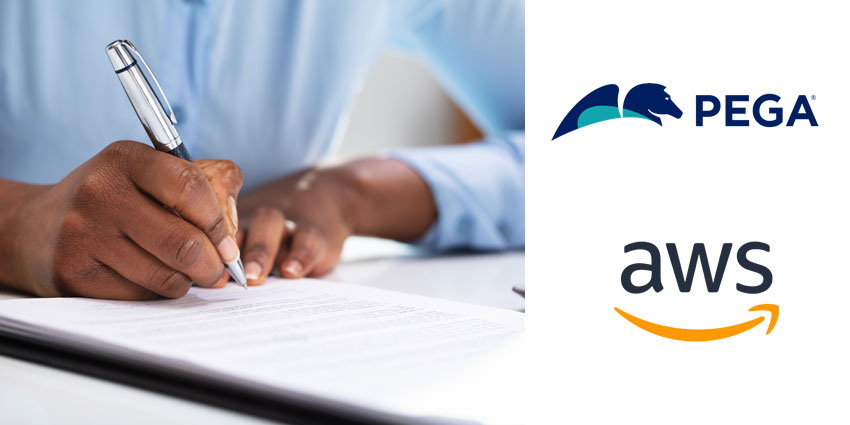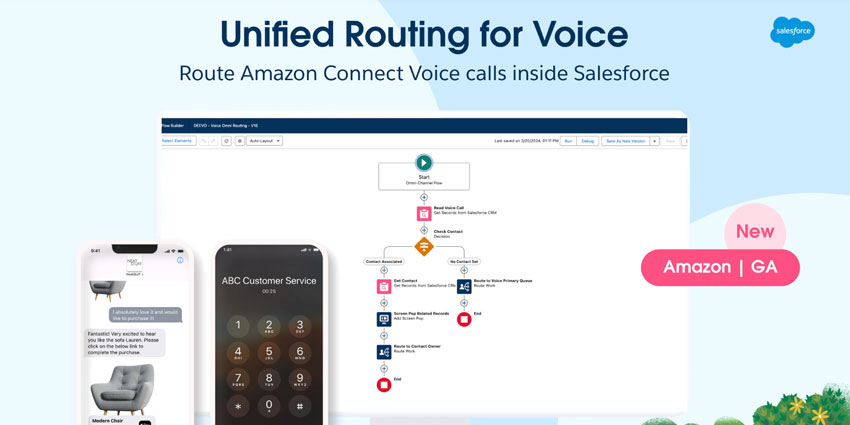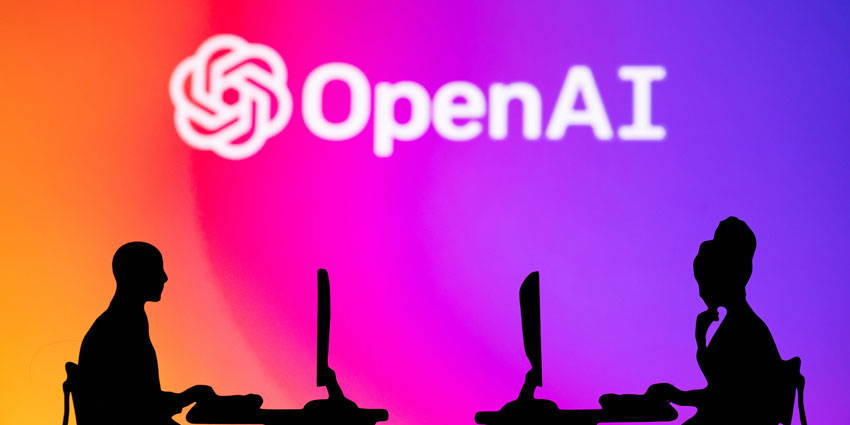Last week, Zendesk announced an agreement to acquire Ultimate, a customer service automation company.
The CRM stalwart expects to complete the deal within the next four weeks and – soon after – “more deeply” embed the AI platform beyond its existing “one-click” integration.
In doing so, Zendesk may help customers get going with conversational AI faster with a new library of pre-built bot workflows.
Yet, Ultimate also enables businesses to better design, build, and optimize their own bot flows by triggering new actions and leveraging upgraded analytics.
Those new actions include automated customer replies, tags, data enrichment, ticket closings, and routings.
Then, with upgraded analytics, Zendesk customers may:
- See which tickets the business has answered and understand.
- Filter tickets by language, resolution, intent, or another specific label.
- View the top customer intents across the business.
- Isolate possible areas of improvement with visualizations.
As such, Zendesk can quickly make several short-term benefits available to its customers. However, the move also seems part of a longer-term play.
After all, as Tom Eggemeier, CEO of Zendesk, stated: “AI is the future of CX, and the next generation of AI agents are not just a tool, but a necessary and fundamental shift in how businesses will engage with their customers.
With Ultimate, we will help our customers set a new standard.
To set that standard, Zendesk may leverage Ultimate’s tech – and its 150 ambitious “Ultimates” – to advance its portfolio in two other distinct ways:
- To power new, industry-specific conversations and flows
- To pull together its swelling portfolio and enable new capabilities
Below is a closer look at these points and an inspection of what they may mean for Zendesk’s future.
Zendesk May Drive Industry-Specific Innovation Forwards
With its Ultimate acquisition, Zendesk welcomes a host of AI experts skilled in developing customized bots that perform industry-specific tasks.
By bringing them into the fold, Zendesk can begin to ask – across our deep history in the contact center – what cross-office, customized workflows does every business need within a specific sector? Then, they may innovate and make those available out-of-the-box.
Ultimate already does this by utilizing API integrations, large language models (LLMs), and various other forms of AI to offer a library of oven-ready, industry-specific bot flows.
For instance, in retail, Ultimate offers a bot that recognizes when a customer requests an update on their order. It then requests an order number, calls into the back-end system, uncovers the status, and sends a fluid response to personalize the service experience.
Yet, this is only one example within a library that crosses many more industries to automate lots of service conversations and processes.
Consider financial services. There, Ultimate offers pre-built flows to support customers in canceling transfers, activating cards, and requesting information about the status of a transfer.
However, that’s only one example of many, with Ultimate also offering flows across sectors such as eCommerce, entertainment, travel, telcos, utilities, and more.
Within each, Ultimate takes an adaptive approach across use cases – leveraging different AI technologies to generate the best results instead of following a one-size-fits-all strategy.
By taking this further, Zendesk may leverage sector-specific innovation as a differentiator.
Zendesk May Have Bots Run Across Its Portfolio
Many initial headlines that swarmed the Ultimate acquisition focused on the implications for customer-facing bots. Yet, the move may also unlock broader innovation opportunities at Zendesk.
After all, with Ultimate’s flexible approach, its team could create employee-facing bots that blend elements of Zendesk’s quickly growing portfolio and deliver new capabilities to end-users.
That seems a central aim, with Zendesk committing to deliver a “complete” CX platform in a press release when announcing the deal.
In doing so, the CRM stalwart highlighted the role of its workforce engagement management (WEM) suite. That suite includes workforce management (WFM), quality assurance (QA), coaching, and conversational analytics capabilities Zendesk recently acquired from Thymeshift and Klaus.
Ultimate’s bots may help pull these together, enable new interoperability, and deliver many more WEM use cases to Zendesk’s contact center customers.
For instance, bots could feed QA data through to the WFM team. With this, planners may leverage that insight to inform their schedules and forecasts. In doing so, they could:
- Spot where an agent performs best and offer them more shifts on that channel.
- Optimize breaks so they come when agent performance typically drops.
- Isolate which intents typically enter the contact center at specific times to create more granular forecasts.
Perhaps the bots will also automate processes for the agent – such as booking holidays, requesting shift swaps, and registering shift preferences. The possibilities are all there and expand beyond WEM into Zendesk’s portfolio.
The Future of Zendesk
Through the recent acquisitions of Thymeshift, Klaus, and now Ultimate, Zendesk is slowly becoming a contact-center-centric company.
While the provider also offers products for sales and marketing, Zendesk may thrive with a more service-focused approach that prioritizes industry-specific innovation and WEM.
After all, Talkdesk is maybe the only high-profile vendor that differentiates with pre-packaged CCaaS offerings for specific sectors.
Moreover, few CCaaS vendors can deliver a native WEM suite that meets the needs of most global enterprises – with NICE, Verint, and perhaps Genesys the exceptions. As such, Zendesk could differentiate here, especially via QA.
Of course, some may caution against this approach, as CCaaS is a crowded market. Yet, given these potential differentiators – alongside a reputation for easy-to-use software and high brand loyalty – Zendesk seems to sense the opportunity to “set new standards” in customer service.
Eager to learn more about Zendesk’s burgeoning WEM portfolio? Read our article: The Zendesk-Klaus Acquisition: 3 Major Talking Points







